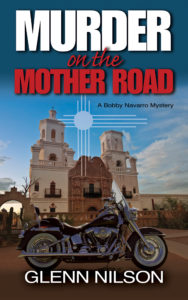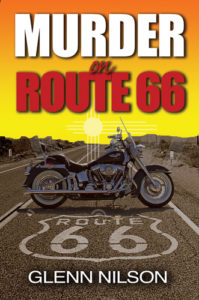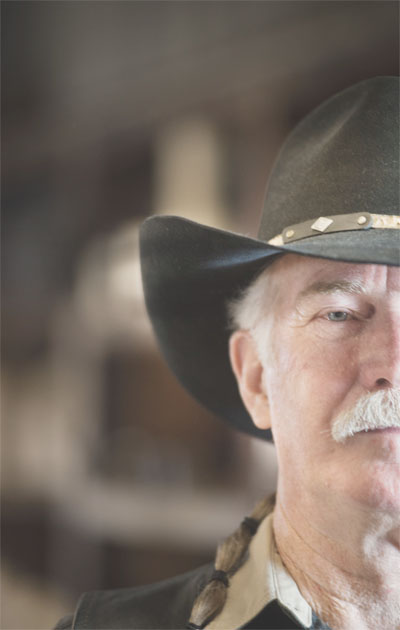We were talking with friends the other night, and I mentioned I was reading a Jack Reacher novel. This produced an immediate outburst regarding the movie and our friend’s opinion that Tom Cruz was all wrong for the role. He was great in Top Gun, but just wrong for Reacher.
I’ve heard this conviction before. Several times. As in the past, I suggested Jim Caviezel, who plays the role of the tall, quiet man in a suit in the Person of Interest series, for the role of Jack Reacher. Our friends immediately agreed, he would be fine. I’ve heard this before, too. The way everyone seems to agree on this matter intrigues me. It’s not that they have been saying Tom Cruz doesn’t do a good acting job, but rather that he isn’t Jack Reacher. When I press the issue, I usually hear that Cruz is not tall enough. Well, size is certainly a major part of Jack Reacher’s character, but I insist there is more. He’s a street fighter who has won most of his fights. He has fought all his life. He had to. And, as an Army MP, he’s had to stand up to a range of opponents in his military career. He has. Without concern for the outcome. It’s part of who he is. Tough. Principled. With his own code for behavior and no room for deviation or hesitation no matter the consequences. Even if the consequences alienate him from everyone and everything he has enjoyed, mainly the Army. And, it shows. It’s part of his core.
Tom Cruz could play Top Gun, because that role called for a young, dare devilish man with a great smile and irrepressible charm. That’s not Reacher. John Reese (Jim Caviezel) in Person of Interest is tall, athletic with mature good looks, but seems isolated from everyday society. He carries a dark side born from a painful past. Caviezel brings the necessary mystique required to fulfill the part of Jack Reacher. He could achieve this requisite core of the Reacher character.
Naturally, my own thoughts after this discussion leaped to writing. Not all characters are written with a deep and essential core in mind. For me, these characters are less memorable in the same way some stories entertain for the moment and are quickly forgotten. I like those with a main character who is memorable and has depth. That’s also what I want for my own protagonist. I like it when readers find Bobby Navarro memorable, and when they do I think it has something to do with who Bobby is at his core.
Bobby is written as a biker who rides alone, he is not part of a club or gang. However, the highway, not the Harley, is at the core of who Bobby Navarro is. Bobby rides into town as an outsider. Eventually, he will leave town again—once he has fulfilled his obligation to the victim. He is at home on the road, and that is where he seems destined to remain. The highway is in his blood, and colors his soul. It is essential to his core.
What core characteristics define your favorite protagonists? And, who do you like for Jack Reacher?






